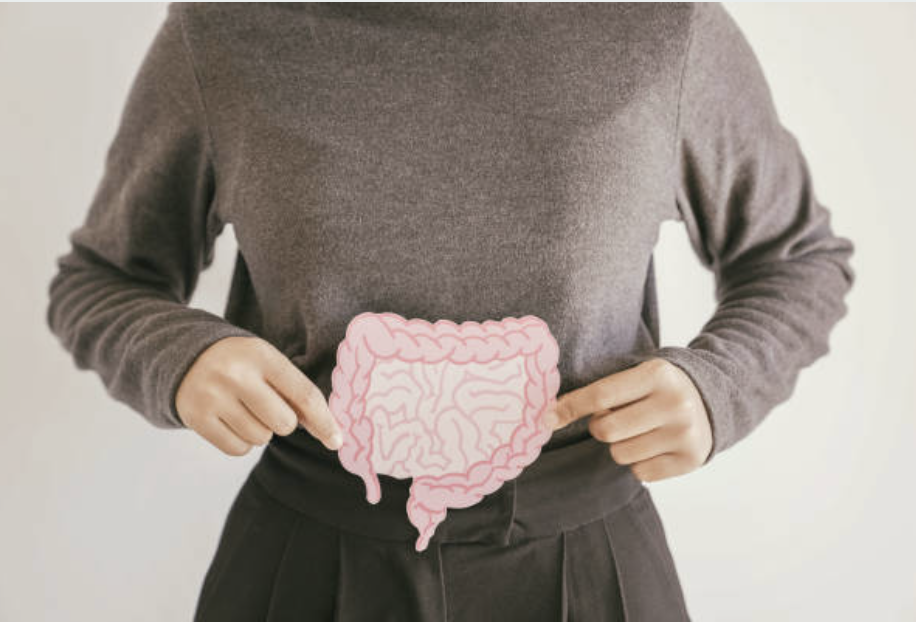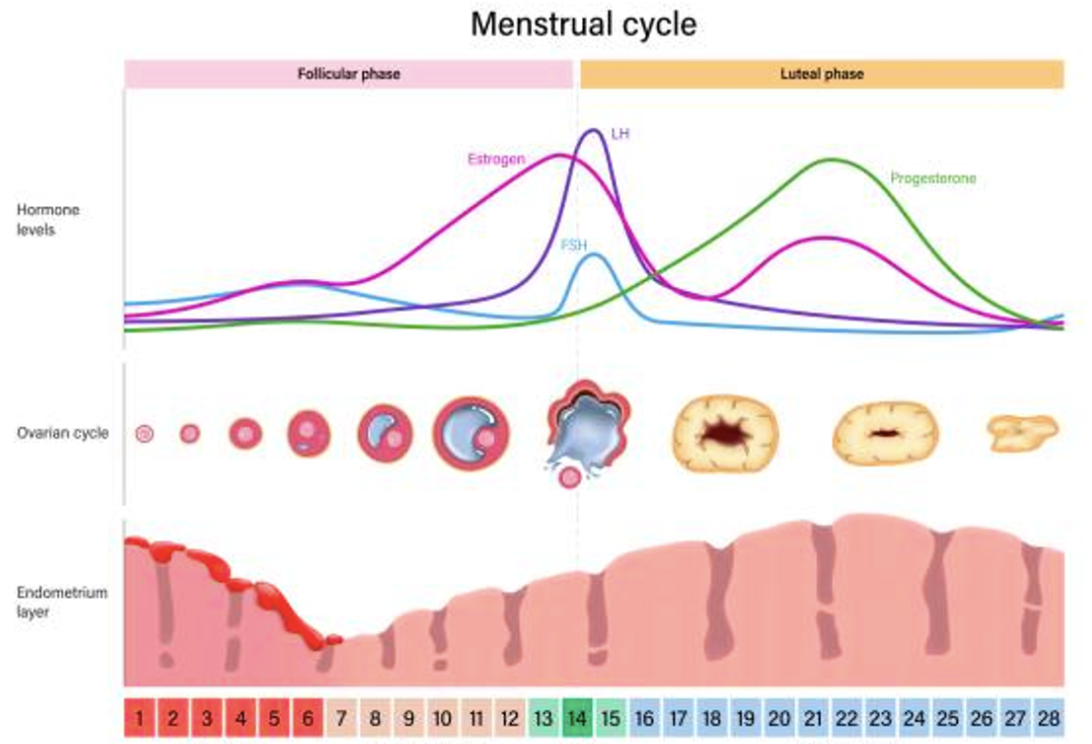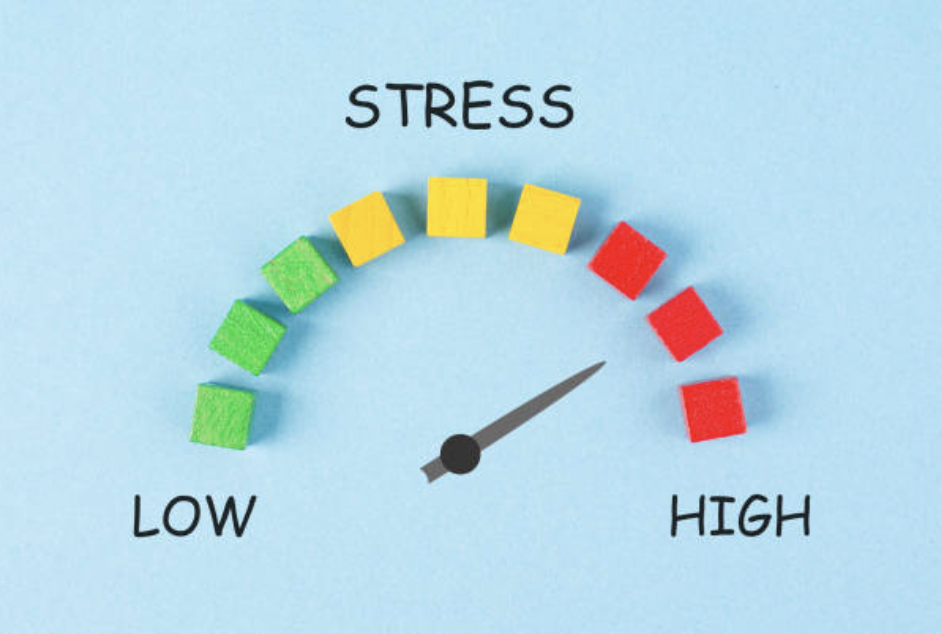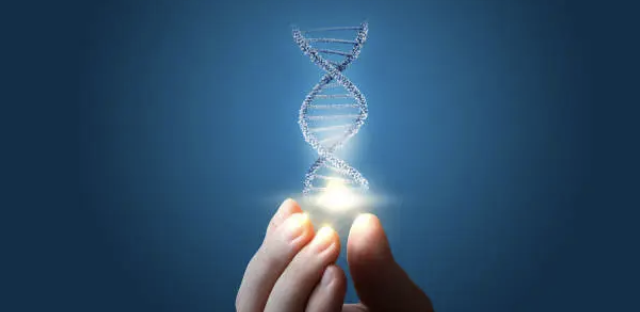
At What Age Should You Stop Your Hormones?
Years ago, I was taught in medical school that women should be on the lowest dose of hormones for the shortest amount of time. For many women, this was a period of 5-10 years then they would stop. I couldn’t understand why they had to stop as many of their symptoms would return! Imagine starting hormones at 45 years old and by 55 years old, giving them up. No surprise when they called reporting insomnia, weight gain, hot flashes, brain fog, mood changes, and more. Plus, increasing the risk for cardiometabolic disease, bone loss, and dementia…

Should The Menopause Definition Get Updated?
“Recognition that menopause, for most women, is a natural biological event, does not exempt the use of interventions to alleviate symptoms. Optimising health at menopause is the gateway to healthy aging for women.” Researcher Susan Davis, Monash University Women’s Health Research Program. Woo! Preach. However the treatment looks (hormones or not), this transition needs addressing for our long term health. In addition, their team are proposing a new definition of menopause that I personally love. They suggest instead of focusing everything around menstruation (or not), we instead focus on the ovaries and that menopause is the “final cessation of ovarian function.”

Is it Dementia, Stress, or Hormones?
Have you ever noticed that your brain doesn’t work as well as it used to? Maybe it’s just during certain parts of your cycle. Maybe it’s during times of high stress. Maybe it’s been worse in the perimenopausal transition. The fact is, your brain function absolutely CAN shift during this time! It turns out, high stress can affect a part of the brain known as the hippocampus. In short, this region helps with memory. Long term stress can affect the neurons in there and actually cause shrinkage to that area!

Phantom Smells are Annoying
I had my first phantom smell. Dr. LaKeischa warned me about them as a possibility but I didn’t realize it would temporarily make me feel CRAZY! Not long ago, I was in my bathroom and could smell a sewer smell. I asked my husband to see if he could smell it thinking we needed to fix the drain. Naturally, he couldn’t smell anything. “Smell harder!” I said as he’s sniffing as hard as he can while walking around the bathroom. “No, I don’t smell anything. It doesn’t smell like sewer gases.”
I was confused. It was SO CLEAR that the sewer gas smell was in my bathroom. A few days later while running errands out of my house, it happened again. Immediately I knew it was a phantom smell. <cue annoyed eye roll>

Surgical, Early, or Premature Menopause
Recently on Instagram, I asked what questions you wanted to know from my interview with brain researcher, Dr. Lisa Mosconi. I received SEVERAL questions around surgical, early or premature menopause and if #allthethings still applied here too. The answer is a resounding YES! Let’s define them for a second.

My DUTCH Test Results
I have done a DUTCH Complete test at least every year for about the last 10 years. I used to work there as their Medical Director and definitely had employee perks. However, I don’t work there now and still do the test to keep tabs on my health. Also, no. This is in no way sponsored. You might have done a DUTCH test or have questions about ones you have seen. I thought this might be a nice overview showing you MY results! First, some background on me…

When Do I Ask For Hormones?
I understand there is a lot of confusion around hormones in-general but even more-so when you get into perimenopause and menopause. First, be aware you will see it called Hormone Replacement Therapy (HRT), Menopausal Hormone Therapy (MHT), or Hormone Therapy (HT). Technically, MHT is the newest term and yes it applies even if you’re in perimenopause. Regardless, let’s talk about hormones!

Annoying Intestinal Health Changes in Perimenopause
Here’s an interesting fact: You are more microbial cells than you are human cells in your body! Every time I read or hear that, it blows my mind. You have several microbiomes actually. In your intestines, on your skin, in your mouth and sinuses, and your vagina. Unfortunately, as you head into perimenopause and then menopause, the decline in estradiol really impacts it for the worse! It’s annoying and not fair.

Help! I can’t sleep anymore.
When I was much younger and in practice, my patients in their 40’s would tell me, “You wait. When you turn 45, you won’t be able to sleep.” I didn’t entirely understand and I surely didn’t think it would happen to me! I was wrong! It DID happen to me and it’s annoying. Sleep is CRITICAL to us as humans. It’s where we rest (literally), repair, detox our brains, and regenerate.

Is It Still Perimenopause Without Hot Flashes?
Recently, I was talking with integrative gynecologist, Dr. LaKeischa MD, on her Hormone Hotties Podcast about metabolic syndrome. This is important to discuss as many women think the main symptoms of perimenopause are hot flashes or night sweats. In fact, I’ve seen some doctors refuse to prescribe any hormones to a woman in perimenopause if she didn’t have hot flashes. This is absurd as there are some 100+ signs and symptoms associated with your hormonal transition, some of which you may NOT feel! This includes metabolic syndrome.

What Hormones Are In What Part Of Your Cycle?
Have you ever wondered if or which of your many hormones shine throughout your cycle? For example, how does your period differ from ovulation? How does that differ from the week before your period that might cause PMS symptoms? And does this change in perimenopause?
The menstrual cycle is normally divided into 2 phases - the follicular phase and the luteal phase.
The day you start your period is counted as day 1 and is the start of the follicular phase.

Your Mental Health and Perimenopause
Feeling moody? Irritable? Depressed? Less interested? More anxious? Less connected? Less confident or lower self worth? And has all of this been happening or worsening since you’ve entered into perimenopause or menopause (even surgical menopause)? In November 2023, Cambridge University Press published an articled titled, “Severe mental illness and the perimenopause.” I’m so grateful that more write-ups like this are happening to educate women! In perimenopause, hormones such as estradiol, progesterone, and testosterone start changing for the worse leaving us with changes in our brain hormones like DHEA, serotonin, oxytocin, GABA, and dopamine. While you might not have heard of some of these hormones before, they play a huge role in your mood!

What Is “Estrogen Dominance?”
The phrase, ‘estrogen dominance’ gets used a lot in functional, integrative, holistic, and naturopathic medicine. However, it is not well recognized in more conventional medicine despite the symptoms women are having. I’m here to help clear this up and provide more understanding about what it means!

When Do I Take DIM?
DIM (or diindolymethane) is a popular ingredient often added to supplements that focus on estrogen detoxification. It ultimately comes from the cruciferous family, such as cauliflower and broccoli, and supports phase 1 detoxification. What does that mean?
The estrogens in your body go through a multi-step detoxification process. The purpose of this is to break down the estrogens into products known as metabolites that must be neutral and water soluble. This makes it easier for your body to eliminate them in your stool or urine. Because it’s a multi-step process, there are some pathways that are more helpful to the body and others that have risks or side effects associated with them. Supplements and foods, such as DIM and broccoli, partially help this process BUT not everyone needs DIM!

Lube and the Vaginal Microbiome: A Love Story?
I bet you’ve heard of your gut microbiome, but did you know your vagina has one too? My mentor in medical school called it “a self cleaning oven” as the vagina typically knows how to keep itself clean and healthy. It doesn’t need extra douches, soaps or other products up inside there as those might cause an imbalance. So what do we do when we use lubrication? Let’s talk about it.

What is Perimenopause and WTH is Happening?
I get it. One day you’re in your 30’s cruising through life, fitting in your clothes, sleeping well, handling your moods, and doing pretty good. The next minute, you’re in your 40’s, irritated, moody, feeling puffy and fluffy, not sleeping, and not sure how any of this happened. Let me guess…on top of everything you didn’t CHANGE anything? Not your diet, not your exercise routine, not your schedule, not nothing and yet everything changed? 🥴 Pop the confetti, you’re in perimenopause! 🎉

3 Myths about Menopause for World Menopause Day
On October 18th, we celebrate World Menopause Day which is pretty cool except I personally feel we should be celebrating this huge transition every day! And why not? You’re going to spend 1/3 to ½ of your life in menopause! That’s a big deal! Menopause is officially defined as ‘once you have gone twelve consecutive months without a period and you are of an appropriate age.” At that thirteenth month, you’re crowned menopausal. This doesn’t mean your symptoms stop, but your period did and that’s the official determination. There is a lot of misinformation around menopause that I want to help clear up. This is unfortunate as all women go through it - we can’t stop it - so we might as well do it with our eyes wide open!

The Hidden Impact of Loneliness on Long-Term Health: Unraveling the Mitochondrial, Stress, and Brain Connection
I want you to thrive and if loneliness is a factor, we need to talk about it. In an era of hyper-connectivity through social media and digital platforms, it might seem paradoxical that loneliness has become an epidemic. Loneliness, however, is not merely a state of social isolation; it is a complex emotional response to the perceived lack of meaningful connections with others. Beyond its immediate emotional toll, loneliness can significantly affect our long-term health in ways that might surprise you.

Hormonal Havoc: How Chronic Stress Impacts Ovulation, Progesterone, Testosterone, and Libido
Stress is an inevitable part of life (see: all of 2023), but when it becomes chronic and unrelenting, it can wreak havoc on our bodies in surprising ways. One of the lesser-known victims of chronic stress is our hormonal balance, particularly in relation to reproductive hormones like progesterone and testosterone. In this article, I’ll delve into how chronic stress negatively affects ovulation, progesterone levels, testosterone production, and ultimately, our libido.

MTHFR vs Methylation?
They are not the same thing but they are related. MTHFR (Methylenetetrahydrofolatereductase) is an enzyme (by the genetic snp of the same name) that is essentially responsible for taking all the folate you eat and turning it into 5-methyltetrahydrofolate. Why do you care?
Methylfolate is very important for the Methionine Cycle.
